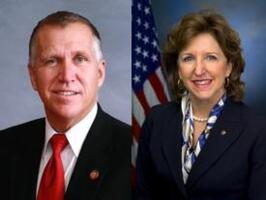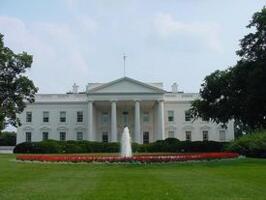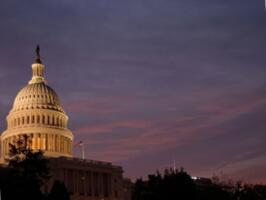30% Think Obama Should Go It Alone to Fight Global Warming
Voters tend to agree with President Obama that global warming is causing weather problems in the United States and that it needs to be dealt with right away. But they’re more reluctant than ever to pay for it.
Fifty percent (50%) of Likely U.S. Voters believe global warming is causing more extreme weather events in this country, according to the latest Rasmussen Reports national telephone survey. Thirty-five percent (35%) disagree, while 15% are not sure. (To see survey question wording, click here.)















